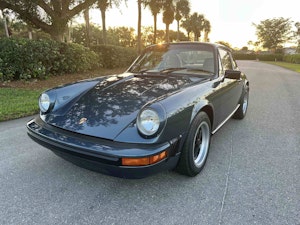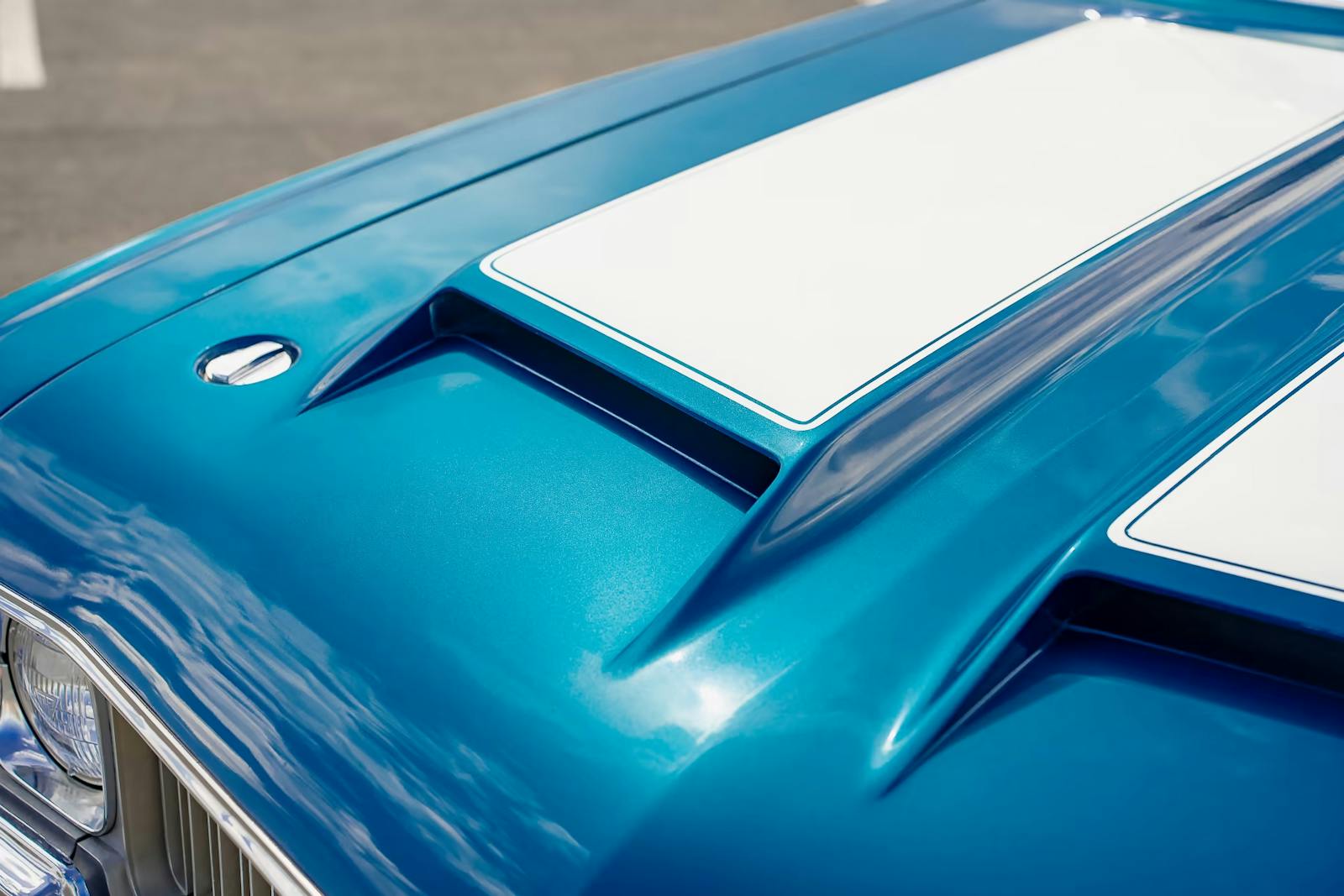Media | Articles
Ungrateful Children: Five cars that killed their makers
All of the makes on this list have the distinction of being the victims of patricide: They were killed by their own spawn. We’ll grant that there are some fairly obscure companies on this list, but they’re obscure mostly because they’re not around anymore. So without further adieu, here’s our list of cars that took down a whole company:
- Pontiac Aztek: The Aztek became emblematic for all that was wrong with GM and the Pontiac division when it was released. Looking like the design product of several committees that hated each other mixed in with the results of one-too-many shopping mall focus groups, the Aztek collected “worst car” and “ugliest car” honors by the semi-truck load. The Aztek became so reviled that in spite of the fact that Pontiac was selling two fantastic cars in the G8 and Solstice coupe, it made the 84-year-old automaker the convenient choice of divisions to pare during GM’s slide into bankruptcy. Rest in peace, Trans Am and GTO.
- 1967-77 NSU Ro80: The German-made NSU Ro80 is probably the most influential car you’ve never heard of. Designers know the car well and have borrowed liberally from it over the years; its subtle aerodynamic curves have shown up in cars like the original Ford Taurus and Audi 5000. The technical brilliance was more than skin deep — the Ro80 had a revolutionary Wankel or rotary engine that drove the front wheels. Unfortunately, the engines wore out after 30,000 miles, some much earlier. The warranty claims, plus the damage to the company’s and the car’s reputations, proved terminal. Volkswagen bought the company for a song and killed the Ro80. Mazda went on to perfect the rotary engine and, ironically, a good number of Mazda engines live under the hood of surviving NSU Ro80s.
- 1958 Packard Hawk: Packard was one of the most storied U.S. makes of the pre-war years. It had been around since 1899 and was a real competitor to Cadillac. Its slogan — “ask the man who owns one” — was an iconic piece of advertising. In spite of the fact that the company emerged from WWII in good shape due to lucrative defense contracts, its fortunes quickly spiraled down because of its inability to keep up with innovations by the Big Three. In 1954 Packard merged with another moribund U.S. car maker, Studebaker. Slowly, the unique Packard models were killed off and replaced by thinly disguised Studebakers (a much less prestigious brand). The final straw was the Packard Hawk, essentially a Studebaker Hawk with a gaping guppy-like fiberglass mouth appended to the front. Predictably, nobody was fooled.
- 1960-64 Facel Vega Facellia: Facel Vega was the Aston Martin of France. Celebrities like Ringo Starr and famous race drivers like Sir Stirling Moss owned these expensive, fast and beautiful cars, and they were a fixture in front of elite Paris hotels like the Hôtel de Crillon and the Ritz. All were powered by big, powerful and reliable Chrysler Hemi V-8s. But Facel had aspirations to build more than just a handful of cars for an ultra-wealthy clientele and the smaller Facellia was to be its volume car. Unfortunately, Chrysler didn’t have a smaller four-cylinder engine to offer, and Facel decided to built its own twin-cam four. Big mistake. Like the NSU, the new engine wasn’t adequately tested and it proved to be a virtual hand grenade. Although a switch was made to an anvil-like Volvo engine, it was too late — Facel was liquidated in 1964.
- Bricklin SV-1: The Bricklin was a category of one: a safety sports car assembled in a government subsidy-funded factory in New Brunswick, Canada. Among the car’s revolutionary features were a steel safety cage, massive bumpers and gullwing doors that swung up to open (when they felt like it). In addition to suffering from overheating (there was no grille in front to provide air flow to the massive Ford or AMC V-8s that powered the car), the aforementioned doors had a nasty habit of failing, trapping the occupants inside the car. There are even stories about this happening on showroom floors. The company went bankrupt in 1976, leaving the Canadian government to clean up the mess and foot the bill.
Marketplace
Buy and sell classics with confidence










